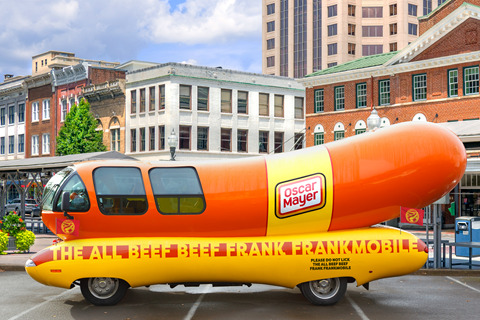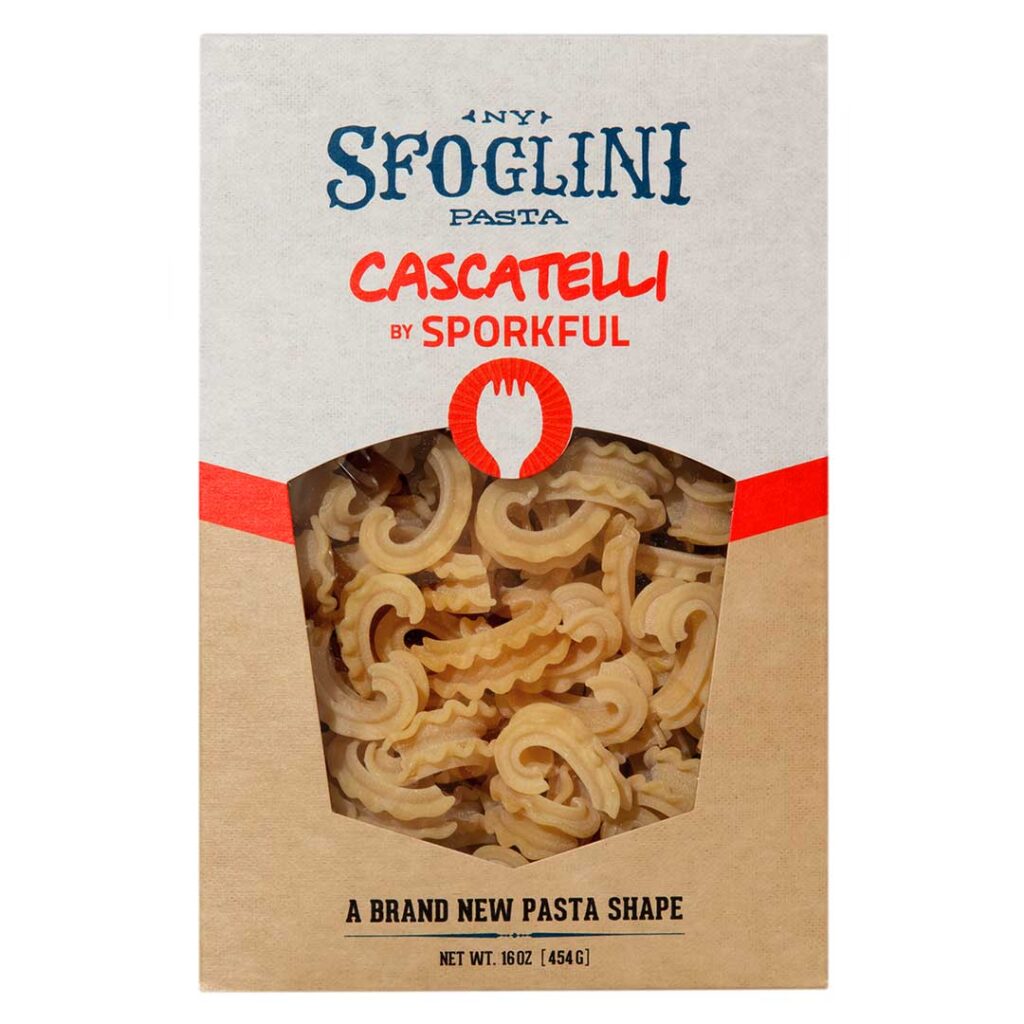I love the mailing list for the American Name Society – there’s always a lively discussion about placenames, company names, product names, and surnames. Yesterday I found a wonderful game based on names of composers and musicians, posted by Stephen Quinn, who describes himself as ” a once-and-future classical music radio announcer who lives in Seattle”. With his permission, I’m reproducing it here – it’s so much fun!
And I’ll add my own to this list: in my house, a certain Latin crooner is known as “July Church”. Thanks, Stephen!
*******
Transcultural name changes – whether they are serious or jocular, voluntary or otherwise, made for a legal measure or waggish pleasure – have been around for as long as there have been persons displaced, lives reinvented, or careers in hope of advancement.
Most notably in the world of classical music, we have the old jest propounded by Victor Borge, as he intimated to audiences that the composer of Rigoletto was actually known as “Joe Green” to his friends – and that Giuseppe Verdi was merely a fancy stage-name. (In Evil Under the Sun, Inspector Poirot solves a crime based on this same styling of “Joe Green”.)
A career sometimes does involve a transformation in earnest. The Neapolitan composer Domenico Scarlatti went to work at the Spanish court and became Domingo Escarlate. Georg Friedrich Händel sought fame and fortune in England, and thus the form of his name altered with his circumstance, crossing from Hanover to London, as George Frideric Handel. The Bohemian musician Anton Rössler emigrated south to Italy (a common career move for Northern composers in the eighteenth century) and thereafter was known as Antonio Rosetti.
In this present puzzle which I have devised, you see twenty-five translated names (nicknames abound, so beware); and in a separate message I give the twenty-five solutions, which are the actual names, accompanied by a gloss where I deemed that useful. The answers are all reasonably well known names from the world of classical music. Each of them reveals a famous composer or conductor.
In almost all cases I have made the translations using only five major European languages, English, German, Spanish, French, and Italian. There are just two wild cards among them, a Scots rendering and a Yiddish form.
So roll up the sleeve of onomastic care, and have a go !
1. Vlado Tedesco
2. Chip Brooks
3. Masetto Belcampo
4. Lou Batavia
5. Whitey Montaine
6. Francesco da Ponte
7. Giovanni Coppola
8. Mark Joyner
9. Carlo Neri
10. Achilles Bussy
11. Tony Housman
12. Willie Fortune
13. Beppo Paesano
14. Jean Bourdon
15. Waldo Chick
16. George Groves
17. Francesco Farina
18. Claude Greenberg
19. Charlie McNeill
20. Louis IX
21. Joey Chinatown
22. Fred Creamer
23. Klaus Schädel
24. Mischa Thomashefsky
25. Pedro Brujo
Answers after the cut.
ANSWERS :
1. Vladimir Ashkenazy
[Ashkenazy is the transliterated Hebrew word for “German”]
2. Carl Philipp Emanuel Bach
[the second surviving son of the great Sebastian Bach]
3. Thomas Beecham
[No, “Masetto” was not a bungled anagram of Maestro – it’s a diminutive form of Tomaso. In prior generations this British conductor’s family surname had been Anglicised from its original French form Beauchamp. Maestro Beecham, by the bye, was Music Director of the Seattle Symphony during the 1941-43 seasons. Hear his recording of Balakirev’s Symphony No. 1 in C with the Royal Philharmonic – rave rave rave, desert island disc!]
4. Ludwig van Beethoven
[Latin, Batavia = the semi-legendary homeland of the Dutch is the island of Betawe, “place where beets are grown” = Beethoven]
5. Alban Berg
[Ger., Berg = “mountain” = Fr., montaigne; surname Montaine]
6. Frank Bridge
[A name most often seen in the composition title Variations on A Theme of Frank Bridge by Benjamin Britten]
7. John Cage
[It., coppola = “cage”]
8. Marc-Antoine Charpentier
[carpenter, joiner]
9. Carl Czerny
[Czech, černý = “black” = It., nero]
10. Claude Debussy
[born Achille-Claude de Bussy; this original Burgundian form of his surname is locational: de Bussy]
11. Antonín Dvořák
[Czech, dvůr = “manor house, farm”]
12. Christoph Willibald Gluck
[Gluck became the French form of the composer’s name; the German original Glück means “luck, fortune”]
13. Joseph Haydn
[Ger., Haydn, Heiden = “peasant” = It., paesano]
14. Johann Nepomuk Hummel
[Ger., Hummel = “bumblebee” = Fr., bourdon; incidental note: John of Nepomuk is a patron saint of Bohemia]
15. Sigiswald Kuijken
[Nederlandse, kuijken = “chick, chicken”; S. K. is a prominent early music conductor of our day]
16. György Ligeti
[Hung., liget = “grove”; ligeti = “of the grove”]
17. Franz Liszt
[Hung., liszt = “flour” = It., farina]
18. Claudio Monteverdi
19. Carl Nielsen
20. Luigi Nono
[It., nono = “the Ninth”; cf. Pio Nono = Pius IX]
21. Giuseppe Sinopoli
[The “Chinatown” part comes from my fancifully putative form of Sinopolis; cf. Napoli for Naples, originally named Neapolis -“New City”- by ancient Greek colonists in Italy]
22. Bedřich Smetana
[Czech, smetana = “cream”]
23. Nikolai Tcherepnin
[Ger., Schädel = “skull” = Russ., tcherep]
24. Michael Tilson Thomas
[This American conductor’s grandparents, who were famous Yiddish theatre stars in New York, bore an earlier form of his family’s Slavic name, Thomashefsky]
25. Peter Warlock
[an assumed name; he was born Philip Heseltine]





